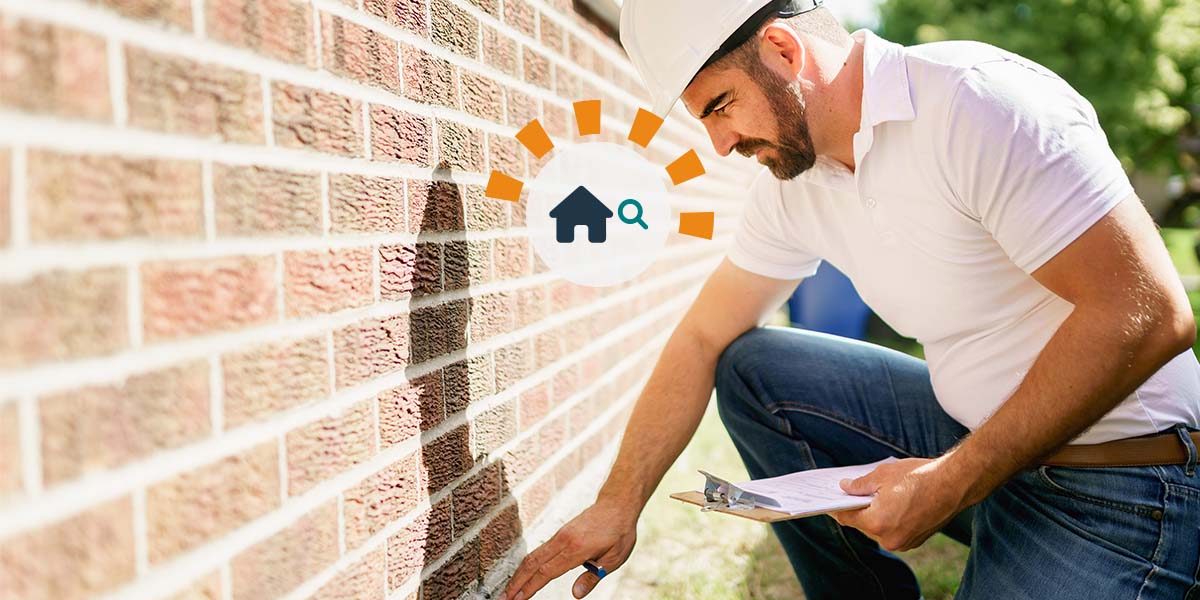
When investing in a new construction home, it’s crucial to ensure that every detail is meticulously inspected before you move in. While builders strive to meet high standards, even the best construction projects can have flaws or oversights. This is where a professional home inspections in Maryland comes into play. Choosing the right inspector for your new construction home can save you from future headaches and ensure your new residence is safe, up to code, and built to last. Here’s a comprehensive guide to help you make the best choice.
Understanding the Importance of a Home Inspector
A home inspector is a professional who assesses the condition of a property, identifying any potential issues or defects. For new construction homes, an inspector’s role is to verify that the building complies with local building codes, adheres to the approved plans, and meets industry standards. They will check everything from the foundation and structural integrity to electrical systems, plumbing, and insulation.Start Early in the Process
Begin your search for a home inspector as early as possible. Ideally, you should start looking once you have signed the contract with your builder. This gives you ample time to research, interview, and select the best candidate. Additionally, engaging an inspector early allows them to participate in multiple phases of the construction process, such as pre-pour, framing, and final inspections, ensuring that issues are identified and rectified promptly.Credentials and Qualifications
- Licensing and Certification: Ensure that the inspector holds the necessary licenses and certifications required by your state or local jurisdiction. Many regions have specific regulations governing home inspectors, and a licensed professional is more likely to adhere to industry standards.
- Professional Associations: Membership in professional associations, such as the American Society of Home Inspectors (ASHI) or the International Association of Certified Home Inspectors (InterNACHI), is a good indicator of an inspector’s commitment to ongoing education and adherence to a code of ethics.
- Experience and Specialization: While general home inspection experience is valuable, it’s beneficial to choose an inspector who specializes in new construction inspections. These professionals are more familiar with the nuances and common issues associated with new builds.
Recommendations and Reviews
- Builder Recommendations: Some builders may recommend inspectors. While it’s useful to consider these suggestions, it’s also important to conduct independent research to avoid potential conflicts of interest.
- Real Estate Agents: Realtors often have extensive networks and can provide recommendations based on their experiences with various inspectors.
- Online Reviews and Testimonials: Check online reviews on platforms like Google, Yelp, or the Better Business Bureau. Pay attention to both positive and negative feedback to get a balanced view of the inspector’s performance.
- Personal Recommendations: Ask friends, family, or colleagues who have recently purchased new construction homes for their recommendations.
Interview Prospective Inspectors
Once you have a shortlist of potential inspectors, conduct interviews to gauge their suitability for your needs. Here are some key questions to ask:- What is your experience with new construction home inspections? This helps ensure they are familiar with the specific requirements and potential issues in new builds.
- Can you provide a sample inspection report? Reviewing a sample report can give you an idea of how thorough and detailed the inspector is in their assessments.
- What is your inspection process? Understanding their methodology helps you know what to expect and ensures they will cover all critical areas of the home.
- Are you available for inspections at multiple stages of the construction process? Ideally, the inspector should assess the home at various stages, such as pre-pour (before the foundation is poured), pre-drywall (after framing and rough-ins are complete), and final inspection (before closing).
- Do you carry professional liability insurance? This protects you in case the inspector misses a significant issue.
- What is the cost of your services? While cost shouldn’t be the sole determining factor, it’s important to understand the fee structure and ensure it fits within your budget.
Inspection Process and Report
A thorough inspection process is crucial for identifying any issues in your new construction home. The inspector should provide a detailed, written report that includes:- A Summary of Findings: Highlighting any major issues or areas of concern that need immediate attention.
- Detailed Observations: A comprehensive list of all inspected areas, including any minor issues or recommendations for maintenance.
- Photographic Evidence: Photos of any defects or areas of concern to provide visual context.
- Recommendations for Repairs or Further Evaluation: Clear guidance on what steps should be taken to address identified issues.